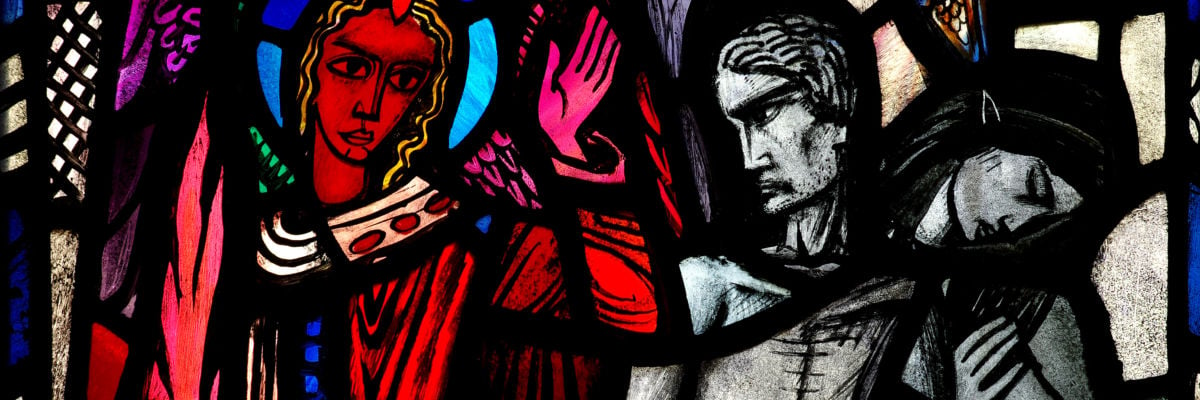
Question:
Answer:
While baptism removes the condition of being separated from God, it does not remove the other consequences of original sin (e.g. suffering, death, sinful inclinations, etc).
The Baltimore Catechism:
Q. 636. Why do the consequences of original sin, such as suffering, temptation, sickness, and death, remain after the sin has been forgiven in baptism?
A. The consequences of original sin, such as suffering, temptation, sickness and death, remain after the sin has been forgiven in baptism: (1) to remind us of the misery that always follows sin; and (2) to afford us an opportunity of increasing our merit by bearing these hardships patiently.
The Catechism of the Catholic Church:
Although it is proper to each individual, original sin does not have the character of a personal fault in any of Adam’s descendants. It is a deprivation of original holiness and justice, but human nature has not been totally corrupted: it is wounded in the natural powers proper to it, subject to ignorance, suffering and the dominion of death, and inclined to sin—an inclination to evil that is called “concupiscence.” Baptism, by imparting the life of Christ’s grace, erases original sin and turns a man back towards God, but the consequences for nature, weakened and inclined to evil, persist in man and summon him to spiritual battle. (405, emphasis added).



